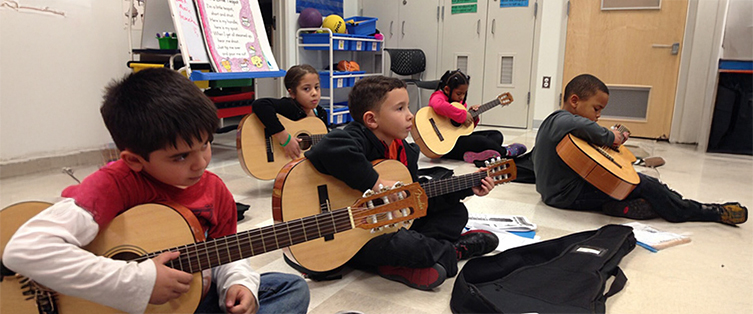Learning a new language can be a fantastic adventure that provides numerous benefits for your personal and professional development. It is not only a pleasurable and rewarding experience, but it can also help you improve your cognitive abilities, expand your cultural horizons, and advance your job prospects.
Let’s look at the benefits of learning a new language and give some practical advice on how to get started. So, if you’re still debating whether or not to acquire a new language, keep reading to find out why it’s worthwhile to take the plunge!
Cognitive benefits
Memorizing vocabulary, grammar norms, and pronunciation patterns is all part of learning a language. This stimulates the brain and enhances memory, attention span, and problem-solving abilities. Bilinguals and multilinguals have superior executive functions than monolinguals, according to research.
This means they can switch between tasks, filter out distractions, and adapt to changing circumstances more easily. They also have a lower risk of dementia and Alzheimer’s disease in old age. Learning a new language challenges your brain to learn new sounds, words, and grammar rules.
Cultural benefits
Learning a new language opens the door to a whole new world of cultures, traditions, and perspectives. You can communicate with native speakers more effectively and authentically, understand their values and beliefs, and appreciate their art and literature when you travel to different countries and regions. You can better immerse yourself in the local culture and lifestyle to make the best of your time in a foreign land.

Learning a new language also helps you develop intercultural competence, which is the ability to interact respectfully and appropriately with people from different backgrounds and contexts.
This can foster empathy, tolerance, and mutual understanding among people from diverse cultures. You can also learn more from other people’s experiences and insights and broaden your own worldview and knowledge when you know their language.
Open up new opportunities
Learning new languages can give you an edge in the globalized and competitive business and job markets. You can expand your network and collaborate with colleagues and clients from different countries and cultures.
Employers value bilinguals and multilinguals for their communication skills, creativity, adaptability, and cultural sensitivity. Learning a new language can also increase your confidence and self-esteem.
Further, new languages can open up new opportunities in various other domains. Whether you want to travel, study, work, or volunteer abroad, knowing the language can help you communicate with the locals, understand the culture, and enjoy the experience more.
You can also access more information, entertainment, and resources that are available only in other languages.
Learning a new language is fun
If you want to boost your brain power and unleash your creativity, learning new languages is a great choice. You can enjoy the process of acquiring a new language by choosing the methods and activities that match your passions and goals.
Whether you like reading books, listening to podcasts, watching movies, singing songs, playing games, or using apps, you can find plenty of resources to help you learn.
You may do these activities parallelly as you take classes, to reinforce what you learn in class and help you practice your skills in different contexts.

When you join a class you interact with professional trainers or native speakers and peers, or may even choose to work with a learning buddy. In a language class, you will have more opportunities to practice your skills, get feedback, and have fun with people who share your interest.
Learning a new language is easier than you think
Here is why learning a new language is easier than you think. Many people are intimidated by the idea of learning new languages, but it doesn’t have to be hard. Here are some tips and tricks to make learning a new language easier and more fun
-
Start with the basics. Learn the most common words and phrases that you will use in everyday situations, such as greetings, numbers, colors, and directions. This will help you build your vocabulary and confidence.
-
Use multiple resources. Don’t rely on just one book or app to learn a new language. Use a variety of materials, such as podcasts, videos, songs, games, and online courses. This will expose you to different accents, styles, and contexts of the language.
-
Practice every day. The best way to learn a new language is to use it as much as possible. Try to practice for at least 15 minutes every day, either by speaking with native speakers, writing in a journal, or reading aloud. The more you practice, the more you will remember and improve.
-
Have fun. Learning a new language should be enjoyable and rewarding. Don’t be afraid to make mistakes or ask questions. Find topics that interest you and explore them in the new language. Watch movies, listen to music, read books, or join online communities that share your passion. Learning a new language is easier than you think if you have fun with it.
Whether you want to enhance your travel experience, connect with people from different cultures, or improve your employability, pursuing new languages is an excellent way to achieve your goals. And if you are looking to kick-start your language learning journey, check out Pursueit.
We offer a wide range of language learning classes, including Arabic, English, French, German, Spanish, Hindi, and more. We have both group and private classes and you may also take online classes.
Our experienced language tutors will provide you with personalized attention and guidance to help you achieve your language goals effectively. Sign up for a language class today, and unlock a world of opportunities!







Leave a Reply